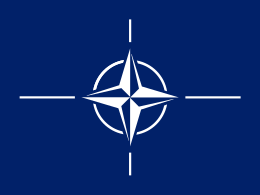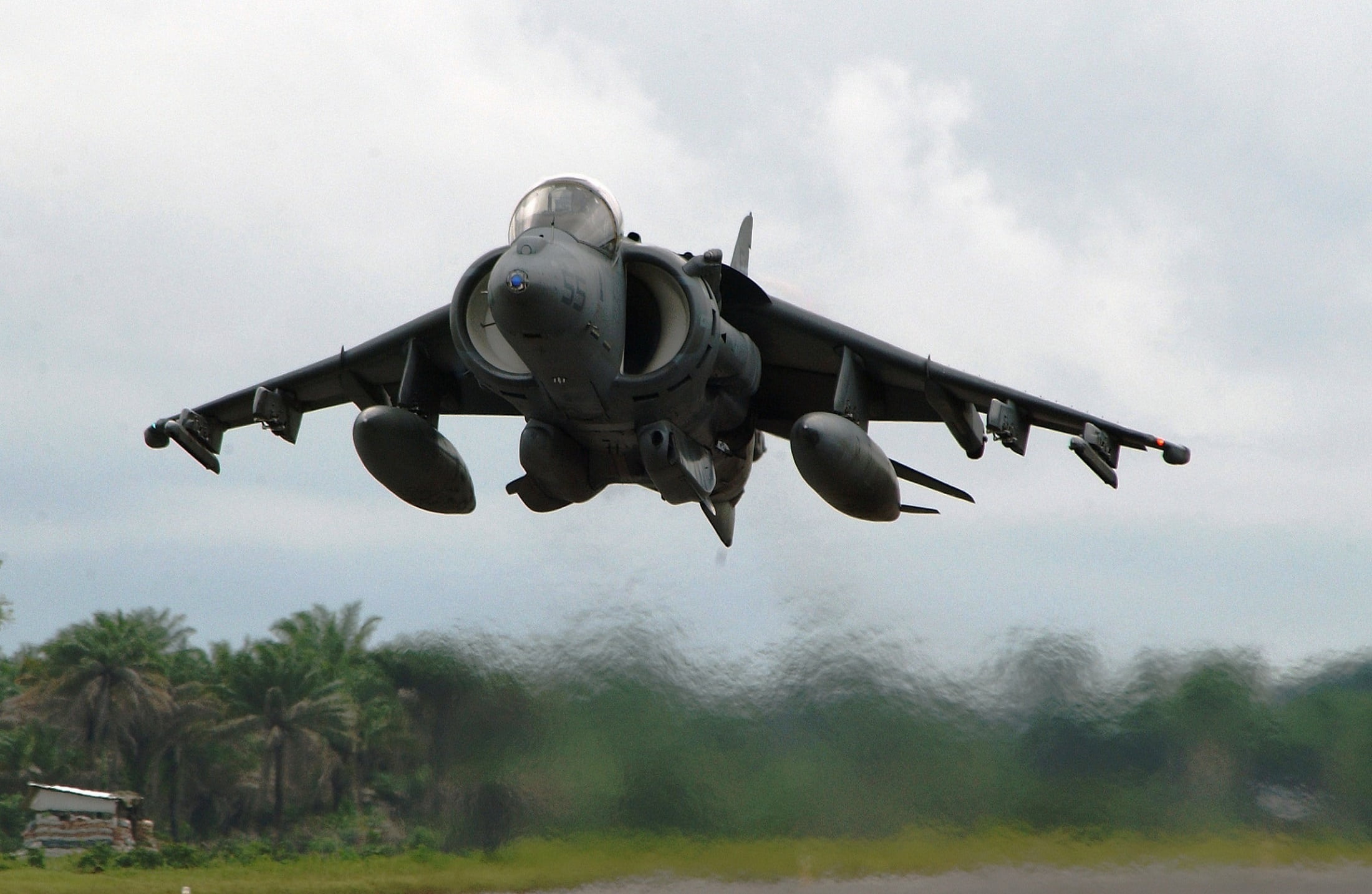
The final hurdle in Sweden’s membership of the North Atlantic Treaty Organisation (NATO) has been cleared. The long-awaited event is a historic step in strengthening the alliance’s northern flank and for the Nordic country, which has maintained its neutrality during both world wars and the Cold War conflict.
Following Russia’s invasion of Ukraine two years ago, Sweden announced its candidacy for NATO membership in May 2022, at the same time as Finland, which in April 2023 became NATO’s 31st member after all the alliance members ratified its accession.
It should be recalled that Sweden has not been involved in any major military conflicts in recent centuries and, as it was previously said, adopted a policy of neutrality during the two world wars. However, in its long history as a state, Sweden has participated in several military conflicts. The last major conflict in which it participated was, after Napoleon’s defeat, the Swedish-Norwegian War of 1814. This led to the separation of the two Nordic countries and Norway was forced to unite with Sweden under a Swedish king, but with some autonomy. Before this last military conflict Sweden also took part in the Thirty Years War (1618-1648), a major conflict in Europe involving several powers and Sweden made a significant contribution to the war and gained territory during it. Within the wider period of the Great Northern Rebellion, Sweden was involved in the Northern War (1700-1721) when the Norsemen lost important territories to other European powers such as Russia.
Returning to the present day, Finland’s and recently Sweden’s accession to NATO can be considered the most significant expansion of the alliance since its enlargement into Eastern Europe in the 1990s. In recent decades, Sweden has intensified its cooperation with NATO by contributing to military operations including Afghanistan. According to military experts, Sweden’s accession will simplify defence planning and cooperation on the alliance’s northern flank.

After Swedish Prime Minister Ulf Kristersson’s last visit, the Hungarian parliament’s vote on Monday the 26th of February was expected to be a mere formality given the two-thirds majority of Viktor Orban’s coalition. During Ulf Kristersson’s visit in mid-February, Hungary and Sweden signed an arms deal, which, as expected, put an end to months of delays in changing Sweden’s security policy. Following Russia’s invasion of Ukraine in 2022 Sweden has abandoned its policy of non-alignment for greater security within the North Atlantic Treaty Organisation. According to Western leaders, with Sweden seconding Finland in NATO, becoming the 32nd member, it is exactly what Russian President Vladimir Putin tried to avoid when he triggered the conflict in Ukraine – expansion of the alliance.
Turkey and Hungary kept Sweden at NATO’s gate
Finland became NATO’s 31st member last year while Sweden has been at the mercy of Turkey and Hungary, countries that have better relations with Russia than other members of the alliance and have objected to blocking Sweden’s accession to NATO in tandem with Finland. The first country to refuse to ratify Sweden’s accession was Turkey. In order to vote for Sweden’s accession to the alliance, the government in Ankara demanded that the Nordic state take tougher measures against militants from the Kurdistan Workers’ Party (PKK). At the time, the Turkish state claimed that PKK militants had made Sweden their home. Subsequently, to appease Turkey, Sweden changed its laws and relaxed rules on arms sales. Instead, President Tayyip Erdogan made ratification of membership conditional on US approval of F-16 fighter jet sales to Turkey. Ankara is currently waiting for US congressional approval for the US to sell Turkey the long-awaited F-16 jets.
Turkey’s signature left Hungary as the last hurdle. Hungary’s opposition to Sweden’s accession was less clear. Swedish officials’ criticisms of the direction of democratic development under Prime Minister Viktor Orban were Hungary’s excuses rather than specific demands. The Budapest leader has distinguished himself in the EU by maintaining close ties with the Kremlin. Viktor Orban has long expressed support in principle for the Swedish bid, but has been prevaricated by repeatedly demanding “respect” from Stockholm, which he considers too critical of his policies. The situation finally unravelled earlier this year, the epilogue to a “long process of trust-building”, according to Viktor Orban, was sealed by Hungary buying four Gripen fighter jets from Sweden to bolster its current fleet of 14. The accession marks a sea change for Swedish defence, which is now entering a collective, major geopolitical development in the region. Peter Hultqvist (former Social Democrat Defence Minister) declared in autumn 2021 that he could “guarantee” that Sweden would never participate in a NATO accession. Russia’s invasion of Ukraine marked a dramatic turnaround among ruling and opposition parties. A clear majority of the Swedish parliament voted in May 2022 to approve the application for NATO membership.
NATO chief Jens Stoltenberg has welcomed the 26 February vote in the Hungarian Parliament.
“Now that all members have approved, Sweden will become the 32nd NATO ally. Swedish membership will make us all stronger and more secure,” Stoltenberg wrote at X.
“Today is a historic day. Sweden is ready to assume its responsibilities for Euro-Atlantic security,” wrote Swedish Prime Minister Ulf Kristersson on X.
The accession of Sweden and Finland to NATO now means that the Baltic Sea is now home to only NATO members. Some analysts argue that the Baltic Sea has now become a “NATO lake”.
“This is the last piece of the NATO map puzzle in Northern Europe put in place,” says AFP analyst Robert Dalsjö of the Swedish Defence Research Agency.
For his part, President Klaus Iohannis said that Sweden’s entry into the NATO family would enhance defence and deterrence on the eastern flank.
“Today the conditions have been set to welcome Sweden into the NATO family. The country’s contribution to Euro-Atlantic security is substantial. With Sweden in NATO, we will enhance defence and deterrence on the Eastern flank and continue our strong support for Ukraine. Together we are stronger,” wrote President Klaus Iohannis on the X network.
Sweden brings to the alliance important military assets such as state-of-the-art submarines adapted to conditions in the Baltic Sea and a sizeable fleet of domestically produced Gripen fighter jets. Sweden will also increase its military spending so that this year it should reach the NATO threshold of 2% of GDP.
NATO in plain language
The North Atlantic Alliance is an intergovernmental military organisation created following the signing of the Washington Treaty on the 4th of April 1949. At the end of the Second World War, Europe was devastated and tensions between former Allied powers such as the United States and the Soviet Union were rising. In this climate of uncertainty, the need to strengthen security and cooperation between Western European nations and the United States has emerged. On the 4th of April 1949, Belgium, Canada, Denmark, France, Iceland, Italy, Luxembourg, the Netherlands, Norway, Portugal, the United Kingdom and the United States signed the Treaty of Washington, committing themselves to provide mutual military assistance in the event of an armed attack against one or more of the parties to the treaty. NATO played a crucial role during the Cold War, providing a strong alliance against potential threats from the Soviet Union and its satellite bloc. The organisation gradually expanded its membership over the years, and Germany was admitted in 1955, marking a steady growth of the alliance. After the collapse of the Soviet Union in 1991, NATO revised its role and adapted its structures to deal with new threats such as terrorism and instability in regions like the Balkans. The alliance has continued to expand, with new member states joining from Central and Eastern Europe. Militarily, the alliance has been involved in various operations, including interventions in the Balkans in the 1990s and several missions in Afghanistan, Iraq and other areas of instability. Members of the alliance have tried to develop constructive relations with Russia. However, there have been moments of tension, such as the expansion of the alliance into former Soviet republics and the conflict in Ukraine. Today, NATO remains a vital alliance for collective security, with members cooperating on military matters, but also in dealing with other threats such as climate change and pandemics.



 Subscribe
Subscribe